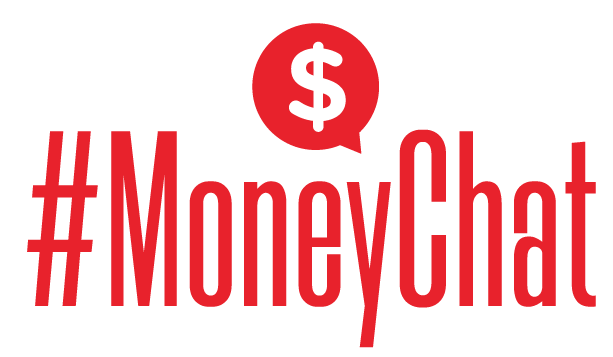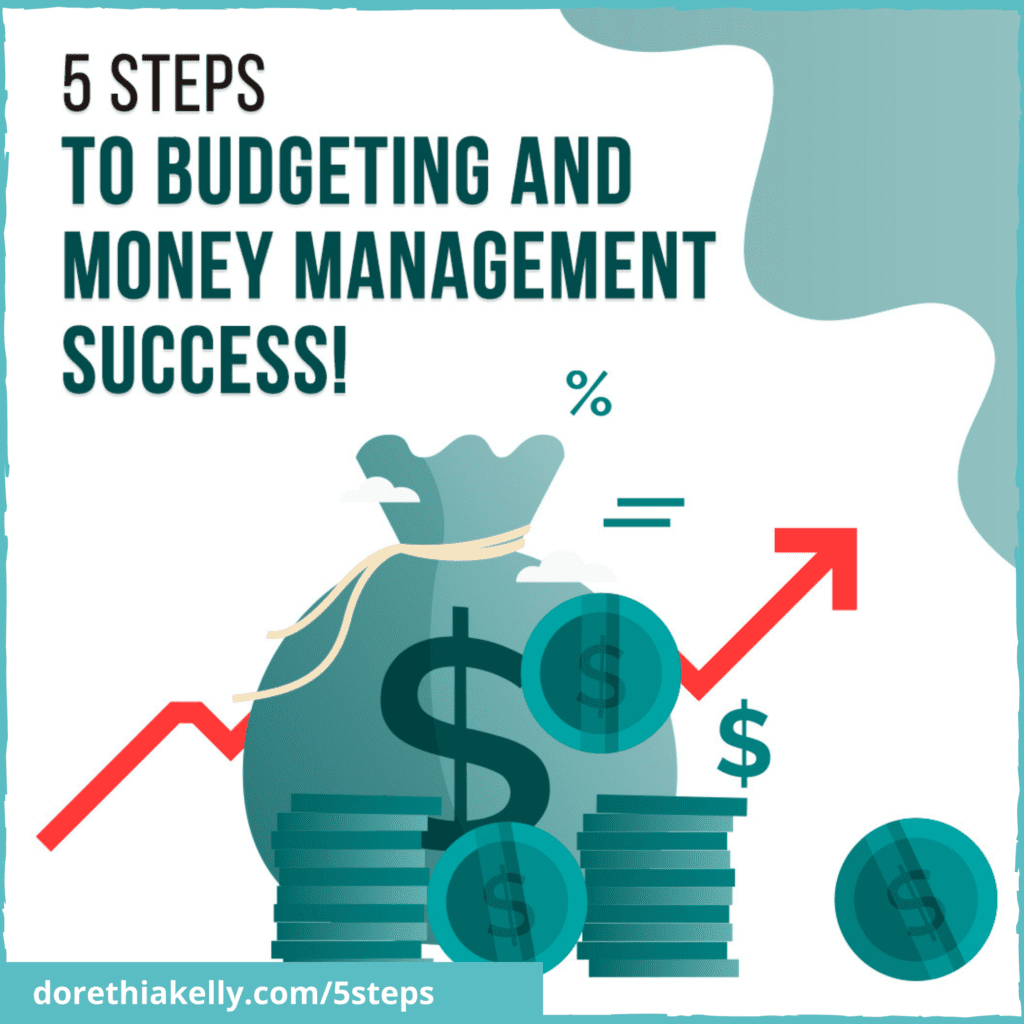You want to start a business, but need money, right? You can borrow and pay interest or you can start a business with your own money. There are advantages and disadvantages to using your own funds which we discuss here.
Using your own money means you avoid interest – which is great for most people. You also won’t’ have to prove anything to anyone, since it’s your money you can do what you want with it.
Where can you get the funds? Here are a few places.
- Cash savings
- Selling investments, such as stocks or bonds
- Tapping into your retirement account
- Using the cash value of your life insurance policy
- Asking friends or family for help
While some of these ideas require you to look elsewhere for funds, you aren’t knocking on a bank’s door and pleading your case. You’re self-funding your business without the say-so of anyone else.
The Pitfalls to Avoid
- Avoid interest – If you get a cash advance or use a credit card to start your business, watch out for the interest charges. You aren’t funding it yourself if you’re borrowing from a credit card. You may be better off taking out a personal loan versus paying high credit card interest rates.
- Watch out for IRA or 401K penalties – If you withdraw from your retirement accounts, account for the tax penalties and liabilities. Unless your 59 ½, you’ll pay a 10% penalty plus applicable taxes on any early withdrawals unless you take out a 401K loan. While it’s a loan, you pay yourself the interest versus someone else.
- Don’t deplete your savings – Funding your business is exciting, especially when you don’t have to borrow the money, but if you deplete your savings, what happens in an emergency? If your business has down time and you aren’t bringing in any income, how will you cover your bills or any unexpected expenses? Keep a cushion for yourself.
Tips to be Successful
- Have a business plan – Even though you aren’t asking others for money, you need a plan for your business. Without one, most businesses don’t last more than a few years. A business plan shows how you plan to grow and in the future when you need more capital, will help you look like a legitimate business to banks and lenders.
- Use interns – If you need help but don’t have the money to pay staff yet, hire interns. Outline their responsibilities and make sure they’re aware they are an unpaid intern. In exchange, you can provide them with experience and a reference if they do a good job.
- Go slow – Don’t jump in head first without a plan. Invest money slowly and see how things go. Depleting all your assets and savings to go ‘all in’ with a business that doesn’t succeed could be detrimental.
Final Thoughts
Starting a business with your own money can be exciting and scary at the same time. Create a plan, save for emergencies, and figure out other ways to grow beyond the capital you have once you get established.













0 Comments